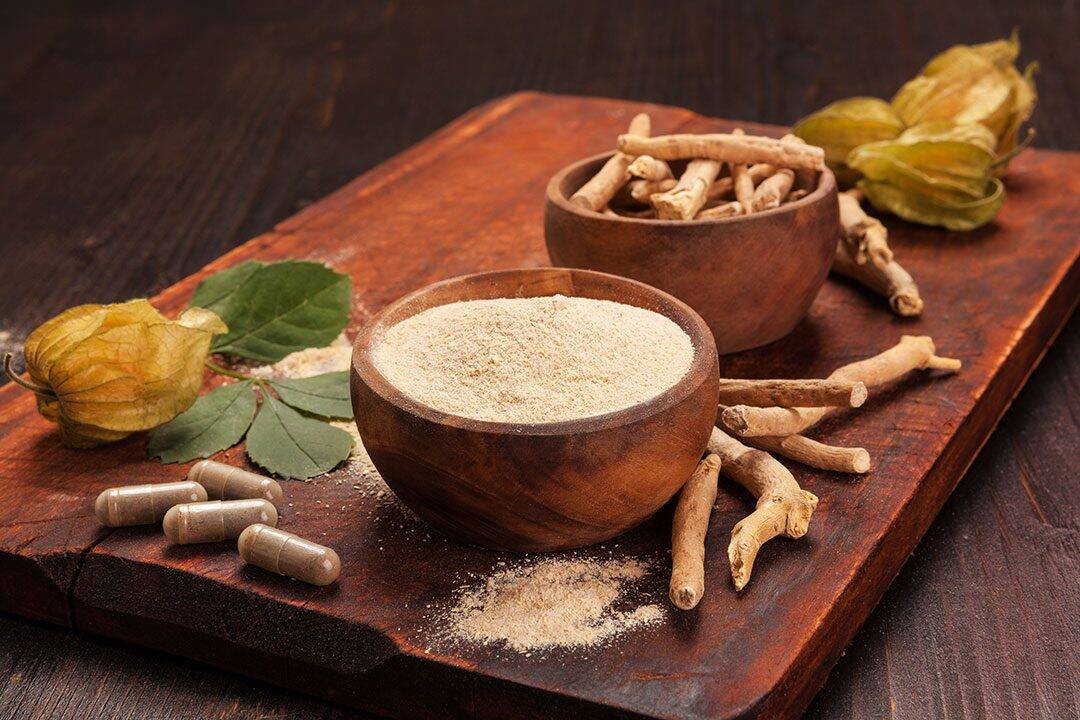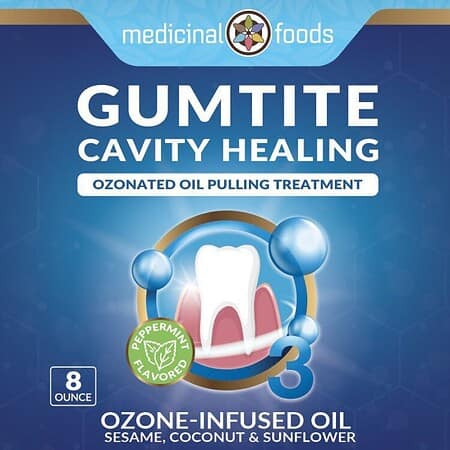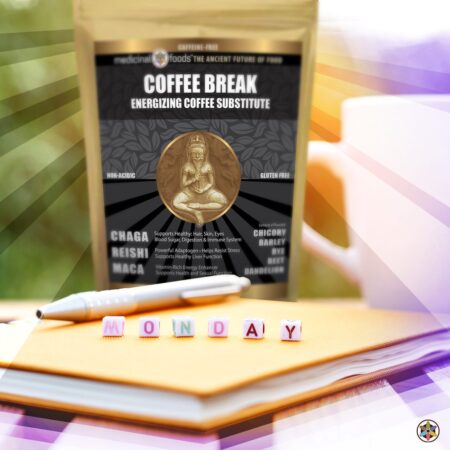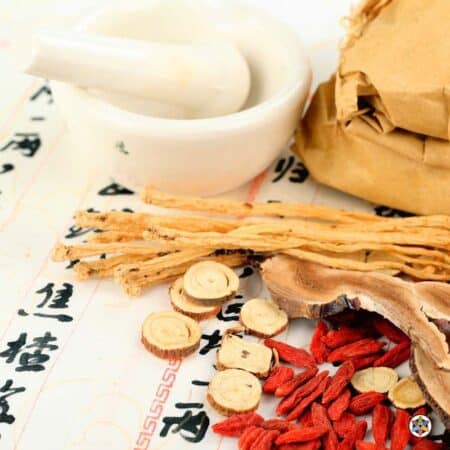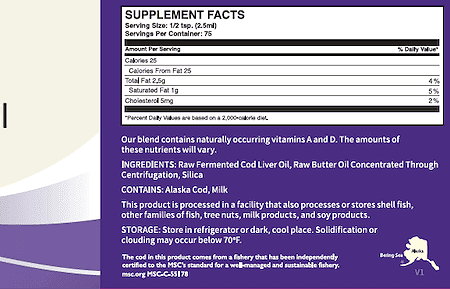What is the best Ashwagandha supplement? First of all, it is a plant traditionally used in Ayurveda, or traditional alternative medicine based on Indian principles of natural healing.
Lately, this plant is used more in the western world and has taken the name "queen of Ayurvedic plants".
In Ayurvedic medicine, it is considered "Rasayana". This means that it is a plant that helps maintain youth, both mentally and physically.
It contains many useful medicinal ingredients, including lactones, alkaloids, choline, fatty acids, amino acids and various sugars.
Various parts of the plant, from the roots, seeds and even fruits, have been used for medicinal purposes, but the most researched part and the one that is by far the most commonly used in dietary supplements is certainly the root.
Modern science has confirmed several beneficial effects on human health, so today we classify it as an "adaptogen", ie. a plant that regulates metabolism when the body is physically or mentally disturbed and thus helps to cope with the negative consequences of chronic stress.
Of the scientifically proven effects, it has been proven to help improve brain function, reduce cortisol levels, reduce stress, reduce chronic inflammatory processes, and more.
For this reason, its use in conditions such as Parkinson’s disease, dementia, memory loss, stress-induced diseases (eg gastritis), against various forms of cancer is particularly useful.
As we said before, the main characteristic is that it is an adaptogen. Adaptogens are commonly used to relieve stress, brain health, adrenal gland health, and to improve HPA axis dysfunction (influence and feedback of hypothalamic, pituitary, and adrenal glands).
In this story, cortisol, better known as the “stress hormone” secreted by our adrenal glands in response to stress, as well as the occurrence of low blood glucose levels, has a big impact.
Amid chronic stress, cortisol levels remain elevated for a long time, which in turn leads to several problems, including high blood sugar levels and worsened redistribution of nutrients (in simple terms, this would mean: less muscle mass and more fat).
Studies have confirmed that it reduces cortisol levels and facilitates relaxation and recovery of the entire HPA axis. Research published in the journal Phytomedicine has shown that it can reduce anxiety levels due to its calming effects on the brain.
Compared to benzodiazepine, it worked similarly to the drug itself, suggesting that it may be effective in reducing anxiety. The main mechanism in the background is the promotion of GABA (Gamma-aminobutyric acid) activity.
GABA is a major inhibitory neurotransmitter in our central nervous system, and its low levels have been linked to anxiety, epilepsy, and chronic pain.
Increased GABA activity is associated with a feeling of relaxation, calmness, better sleep quality and indirectly significantly improves a person’s mood.
A particularly interesting topic especially at this time of the pandemic. Several animal studies have shown that it helps reduce chronic inflammatory processes in the body.
It has been proven that it increases the activity of NK cells, ie. killer cells of immune structures that are active in various infections and directly protect us from many pathogens.
It is also known to reduce markers of inflammation, such as C reactive protein (CRP).
In addition, numerous animal studies have shown that its consumption leads to a significant increase in the mobilization and activation of peritoneal macrophages, phagocytes and an increase in the activity of the enzyme lysozyme.
Ashwagandha supplement
Recently, its use as a nootropic, ie cognitive enhancer (drugs/medicines, dietary supplements, substances and plants that improve cognitive functions – from memory, creativity, focus, motivation, etc.) has been the most intriguing.
We know that it promotes neurite outgrowth which in turn leads to better opportunities to develop many ideas and clearer thinking.
It increases the production of acetylcholine in the brain which increases memory and learning ability.
It has antioxidant activity that protects nerve cells from the harmful effects of free radicals and thus has a neuroprotective effect.
The dose, frequency and time of its consumption depend on the purpose for which you want to use it. There is no standardized dose in research, and the general recommendation is to consume it 2 times a day 300 mg – 500 mg of its root extract with a meal.
This dose can be divided into several smaller ones, and if you consume it all at once, the best option would be with breakfast.
Although one of its main benefits is stress reduction, relaxation and sleep promotion, immediately after taking it, it is mildly stimulating. For this reason, it is generally a good idea not to consume it just before bedtime.
It is generally safe to consume, but people with special conditions such as autoimmune diseases (rheumatoid arthritis, lupus, Hashimoto’s disease, type 1 diabetes), people with low blood pressure and stomach ulcers, and pregnant and breastfeeding women should avoid consuming it.
If you decide to try it, at the end just a note to be careful what kind of dietary supplement you buy. Get an extract that contains only the root extract without other parts of the plant.
It is one of the most famous Ayurvedic plants that belong to the category of Rasayana (rejuvenating organism) and has a wide range of effects.
It (Withania somnifera) is a medium-sized shrub, reaching a maximum of 1.70 m in height and bearing a small red fruit. It grows in warm climates, and its origin is the northeastern part of India.
Today, the plant is successfully grown in many parts of India, Nepal, Pakistan, Sri Lanka and Bangladesh.
This plant has several names. In English it is known as the winter cherry or Indian ginseng, in Latin – Withania somnifera (the one that brings sleep), in Hindi – ansgandh, in Sanskrit – ashwagandha.
It literally means "horse scent" (from Sanskrit: ashwa – horse, gandha – scent), because its scent is reminiscent of horse scent.
Its name also translates as "the one that gives the horse vitality and strength".
It contains many active ingredients, the main ones being alkaloids and steroid lactones. Among the alkaloids the most famous is withanine. In the history books, we find evidence that it was a favourite medicinal plant for many.
It was preferred because of its broad spectrum of action and numerous health benefits.
Robin Lane Fox, a famous English historian, writes in his book on Alexander the Great that wine was made from it at that time, which was used for therapeutic purposes.
Alexander the Great and his army drank this wine to increase their energy and strength and to cure many diseases.
There are many other historical sources, which mention it, which confirms that this plant played an important role in the lives of people of that time.
This plant has been used in India for thousands of years as a tonic for rejuvenating the body, an adaptogen and aphrodisiac.
Any disorder of the endocrine system can have detrimental effects on our health. It contains certain compounds and alkaloids that are effective in normalizing the work of hormones in the body.
Ashwagandha supplements organic
It is known as an aphrodisiac. It increases libido in men and women, which is why it is known as Indian ginseng. Improves semen quality.
Stimulates the work of female reproductive organs, reduces inflammation and increases fertility.
It favourably affects the condition of the skin. It is used for eczema, scars and psoriasis.
It strengthens immunity and increases the body’s resistance to infections. The immunostimulatory properties of it have been confirmed in clinical trials.
It is especially suitable for the elderly. Protects the body from viruses, bacteria and parasites.
Traditionally, it belongs to the category of Rasayana – rejuvenating organism.
In Ayurveda, it is used as a tonic for vitality and longevity. Increases the endurance and strength of the organism.
Ayurvedic doctors in India use it to prevent and treat cancer. Its anticancer properties are confirmed by the latest clinical research.
Some compounds, found in it, have been found to be powerful antioxidants. It successfully fights free radicals and slows down the ageing process of the body.
It is now clear why this plant has been used in Ayurveda for thousands of years to rejuvenate and strengthen the body. It has anti-inflammatory properties, which is why it is effective in treating arthritis and other rheumatic diseases.
Reduces inflammation, swelling and joint pain.
Several studies have shown that 300mg of Ashwagandha a day significantly reduces stress and anxiety levels in people suffering from chronic mental stress. It has a special effect on social anxiety, which often affects younger people today.
It is most often found in capsule form, but with powder, it is somewhat simpler because you can put it in a smoothie or similar beverage.
The recommended dose is 600 to 1000 mg twice a day or 2 teaspoons a day, and for people suffering from insomnia and anxiety, its powder is recommended to be mixed into a cup of hot milk before bedtime. It is important to note that ashwagandha is not recommended for pregnant women.
Now, it is not that hard to know what is the best Ashwagandha supplement.


